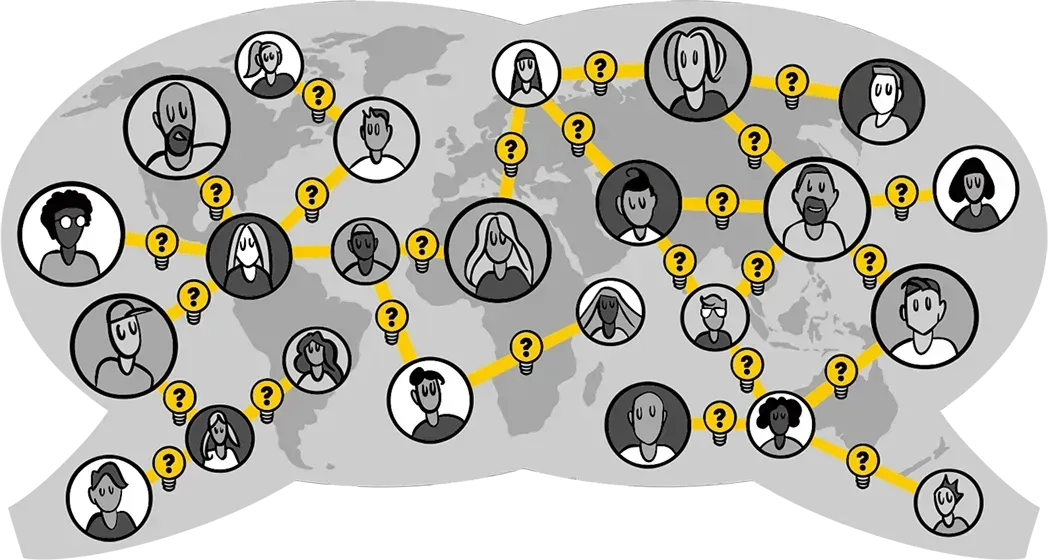Empowering Education Through Critical Thinking
Foster Curiosity, Logic, and Dialogue Skills

How Navigating Beliefs Enhances Education
Navigating Beliefs (NB) offers a versatile framework for educators and parents seeking to instill critical thinking, logical reasoning, and respectful dialogue skills in learners. By encouraging curiosity and promoting questioning techniques, NB transforms learning into an engaging and reflective experience. These methods empower students to examine beliefs, think analytically, and engage thoughtfully with others.
NB’s tools and techniques are ideal for classrooms, workshops, and home learning environments. From teaching active listening to fostering empathy through dialogue, NB equips learners with skills that extend beyond academics, fostering intellectual humility and open-mindedness. Whether introducing logical reasoning to children or exploring self-reflection exercises with teens, NB provides practical resources for impactful learning. Explore teaching strategies designed to integrate NB into educational settings.
Find the Best Fit for You
You've landed on a page about Navigating Beliefs, a method to help people reflect on the quality of their reasoning through civil conversation. Take our free self-paced course at NavigatingBeliefs.com or learn more about the organization behind these world changing projects.

Navigating
Beliefs
You've arrived at Navigating Beliefs—a new name for the approach born out of Street Epistemology. Although our name has changed, our vision remains the same: A more rational world through civil conversations.

Street Epistemology
International
The organization behind the development of the Navigating Beliefs course, supporting the Navigating Beliefs method and offers resources for critical thinking and civil conversation.
Explore NB strategies to foster curiosity and develop reasoning skills in educational settings.

Applying Navigating Beliefs in Education
Navigating Beliefs provides practical tools to enhance teaching methods and promote critical thinking in classrooms. Through questioning techniques, belief examination exercises, and reflective thinking activities, NB encourages students to engage deeply with the material and explore diverse perspectives. These approaches help learners develop logical reasoning, empathy, and a lifelong passion for inquiry.
Educators can integrate NB into their teaching strategies to foster open-mindedness, encourage self-reflection, and improve dialogue skills. Techniques like Socratic questioning, active listening exercises, and logic-based games make NB an engaging and effective educational resource for students of all ages. Learn more about interactive workshops designed to help educators incorporate NB into their teaching practices.
Exercises for Fostering Learning and Growth
Teaching critical thinking and dialogue skills requires interactive and reflective exercises. NB provides activities that encourage students to question assumptions, analyze arguments, and develop reasoning abilities. From exploring logical fallacies to examining personal values, these exercises promote intellectual growth and improve interpersonal communication.
Beginner-friendly tools like questioning techniques and self-reflection exercises are ideal for introducing critical thinking concepts, while advanced strategies like belief analysis and empathy-building exercises challenge learners to deepen their understanding. These resources help educators create an engaging, inclusive, and transformative learning environment. Discover audio discussions that provide insights into using NB for teaching and learning.

Free Learning Course for Educators and Learners
Want to teach critical thinking effectively? The Navigating Beliefs course provides Navigating Beliefs tools for fostering curiosity, logical reasoning, and reflective dialogue in educational settings.
GO TO COURSE ➔


